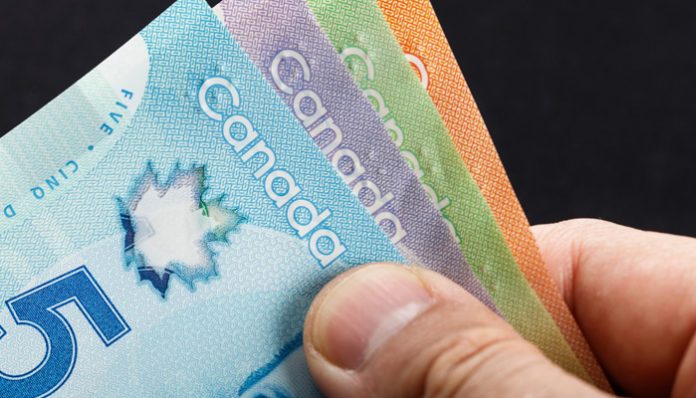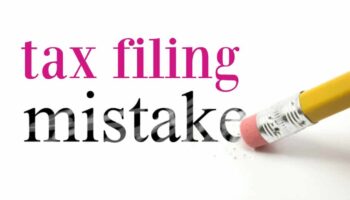This is often misunderstood. To be clear, “tax-deferred” does not mean the same thing as “tax-free.” Tax-deferred is something that must eventually have taxes paid on it. On the other hand, tax-free will not need any tax payments made.
Tax-Deferred
Tax-deferred accounts allow you to realize immediate tax deductions up to the full amount of your contribution, but future withdrawals from the account will be taxed at your regular income rate. The most common tax-deferred account in Canada is the Registered Retirement Savings Plan (RRSP). Essentially, with these accounts, taxes on the income are “deferred” to a later date.
This account has its benefits as you get the immediate advantage of paying less taxes in the current year. Promoters of this plan often encourage high income earners to max out their tax-deferred accounts to minimize their current tax burdens with the assumption that when they retire, they will likely generate less taxable income and, therefore, find themselves in a lower tax bracket.
Tax-Free
Tax-free accounts, on the other hand, don’t deliver a tax benefit when you contribute to them. Instead, they provide future tax benefits, i.e. returns on the invested funds grow tax-free and withdrawals at retirement or at a future date are not subject to taxes. In Canada, the most common type of this account is the Tax-Free Savings Account (TFSA).
With these accounts, the benefits are realized further in the future as time is needed to grow the funds in the account and to subsequently grow the returns in a tax-free manner. So, this account is ideal for young adults who have more time to save within this account.
In general, low-income earners are encouraged to focus on funding a tax-free account on the assumption that they are not currently in a high-income tax bracket. Higher-salary earners are encouraged to contribute to a tax-deferred account to get the immediate benefit of lowering their taxable income, which can result in significant value.
While I love both of these plans and use them as tools for wealth accumulation, careful planning is required when investing in these accounts, particularly, in the tax-deferred account. There are a number of factors to consider when using these accounts to ensure you achieve permanent tax savings and not just tax deferral to a future date.
Some of these factors will certainly include how you intend to withdraw funds when you retire, the world economic trends, including rising government debt, government spending and inflation. It is important to consider these factors and intentionally plan how you use these accounts today to maximize permanent tax savings. I go into a little bit of details on the strategies you can use in my upcoming book.






